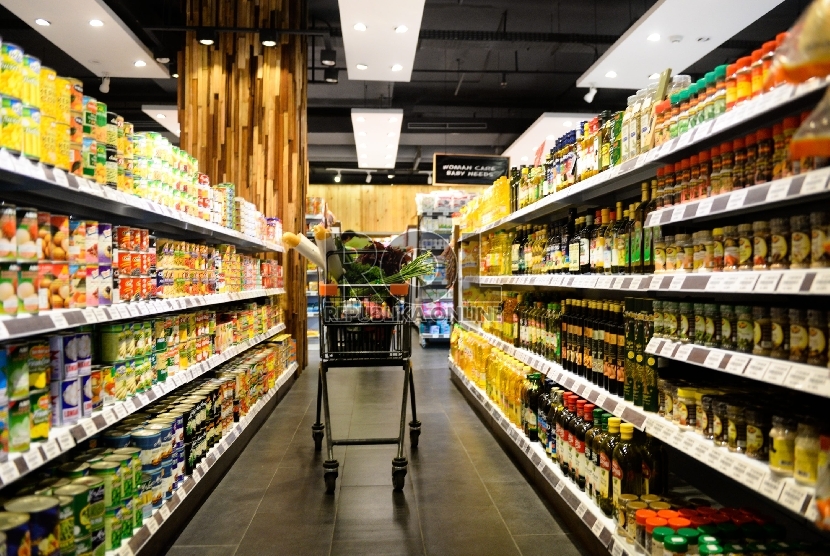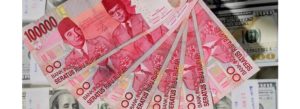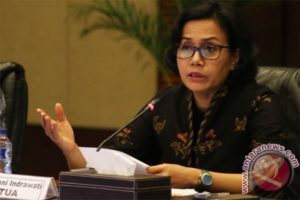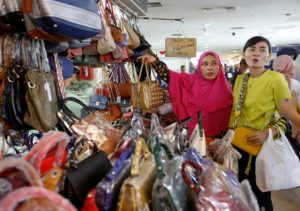BPS-says-middle-class-withhold-spending-in-second-quarter..jpg" />
BPS says that there is an indication that the middle class has restrained their spending,.
Jakarta, MINA – Indonesias household consumption growth in the second quarter of 2017 was hampered by the tendency of the middle class to withhold spending, Antara News reported, citing head of Indonesias Central Bureau of Statistic (BPS) Suhariyanto.
Also Read: Saudi Arabia Wins Bid to Host World Expo 2030
“There is an indication that the middle class has restrained their spending,” Suhariyanto said here, Monday.
Such indication, he affirmed, was reflected with the increased saving, declining debit card transaction, and slower automotive sales.
“It is a psychological factor, because they are in a wait-and-see mode to learn about the global economic condition, especially in the US,” he noted.
Similarly, the middle lower-class has also restrained their expenditure, as an impact of the declining real value of farmer and labor wages.
Also Read: 148 Products from Indonesia Promoted at Sarawat Superstore Jeddah
“Such situation will need more attention in the future, so that the purchasing growth of the middle lower-class can be improved,” Suhariyanto remarked.
Despite the slowdown in expenditure, Suhariyanto assured that it would not affect the household consumption growth of 4.95 percent in the second quarter of the year.
“Household consumption has grown 4.95 percent in the second quarter of 2017; this has proven that peoples purchasing power is still high,” he added.
He explained that the household consumption has benefited from the fasting month of Ramadhan and Eid al-Fitr, school holidays, and 39 national holidays during the period.
Also Read: Packaging Industry Supports Halal Ecosystem
Among the components that have contributed to the household consumption are food and beverages, restaurant and hotel, health and education, transportation and communication.
E-Commerce transactionamong middle class
Suhariyanto also pointed out the shift in public consumption pattern with e-commerce transaction, although it did not bring significant impact on consumption.
Also Read: Indonesia-Japan Agree on Energy Transition Cooperation
“E-commerce transactions can be seen among the middle class, but the percentage is relatively small, compared with the total public consumption,” he observed.
Suhariyanto expressed hope that the public spending would improve in the next quarter, and contribute to the national economy. (T/RS5/RS1)
Mi’raj Islamic NewsAgency (MINA)
Also Read: Dubai Expo 2020 Holds Special Event for Palestine



























 Mina Indonesia
Mina Indonesia Mina Arabic
Mina Arabic